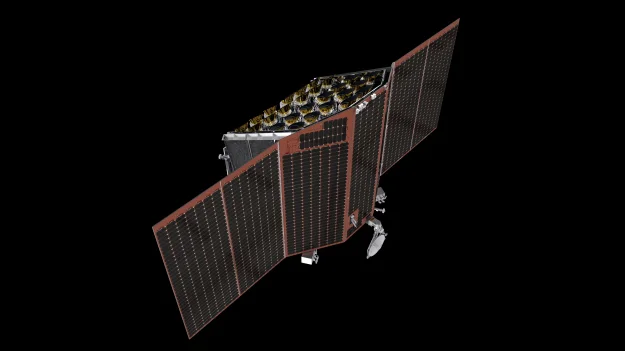Plato


The mission will search for and characterise a large number of planetary systems and their host stars (ESA)

Plato (PLanetary Transits and Oscillations of stars) is one of the European Space Agency's (ESA's) planetary systems surveys, due to be launched in 2026. Its goal is to find and study a large number of extrasolar planetary systems, with special emphasis on the properties of terrestrial planets in the habitable zones around solar-type stars.
The mission is also designed to investigate seismic activity in stars, allowing precise characterisation of the planet's host star, including its age. The main goal of Plato is to break new ground in exoplanetary science by detecting terrestrial exoplanets in the habitable zone of solar-type stars and characterising their basic properties. The mission will provide the key information (planet radii, mean densities, stellar irradiance, and planetary system architecture) needed to determine the habitability of these unexpectedly diverse new worlds.
Plato will produce the first catalogue of confirmed and characterised planets in habitable zones with known mean densities, compositions, and evolutionary ages/stages. The catalogue is expected to include thousands of planets of all types, 85,000 stars with precisely known ages and masses, and one million high-precision stellar light curves.
THE IEEC CONTRIBUTION
The IEEC is leading one of the work packages whose main task is to distribute and optimise the observations of transiting exoplanet candidates among the different facilities that make up the ground-based monitoring of the mission. This will make use of proven expertise in sophisticated scheduling algorithms, in particular artificial intelligence (AI) technology. The exoplanet candidates received from the Plato Data Centre will be distributed among the different facilities according to the relevant parameters and the availability of observing time, so that the different validation and confirmation steps can be performed optimally.
